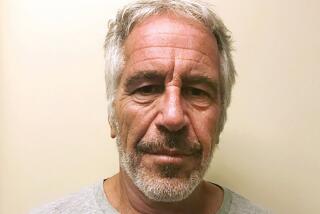Ivory Coast power struggle deepens; state TV disrupted
Ivory Coast state television disappeared from the airwaves outside the nation’s largest city on Thursday, a blow to the incumbent president’s attempts to cling to power in the bloody aftermath of an election most of the world says he lost.
Also Thursday, the United Nations recognized incumbent Laurent Gbagbo’s challenger, Alassane Ouattara, as the winner of the Nov. 28 runoff vote. The 192-nation U.N. General Assembly rescinded the credentials of Ivory Coast’s ambassador, Ilahiri Djedje, a Gbagbo supporter, and accepted those of Ouattara’s choice, veteran diplomat Youssouf Bamba.
And the central bank of the West African Economic and Monetary Union has blocked funds to Gbagbo and will now recognize Ouattara as president, according to a bank statement.
The statement said only appointed members of Ivory Coast’s “legitimate government” would have access to funds held in the region’s central bank.
The U.N. deputy human rights commissioner in Geneva, Kyung-wha Kang, said at least 173 people have died in violence since the election. She detailed hundreds of arrests and detentions, dozens of cases of torture and mistreatment, and said government forces were preventing investigators from looking into other reports of human rights violations, including possible mass graves.
The state television channel controlled by Gbagbo continued to air in Abidjan, but only black and white snow appeared in at least six other cities across the West African nation just minutes before Ivorians sat down to their nightly newscast, residents reported.
It was not immediately clear how the signal was cut off. Advisors to Ouattara refused to comment, but the event falls in line with a series of strategies Ouattara has been employing to try to break Gbagbo’s stranglehold on the news.
More to Read
Sign up for Essential California
The most important California stories and recommendations in your inbox every morning.
You may occasionally receive promotional content from the Los Angeles Times.










